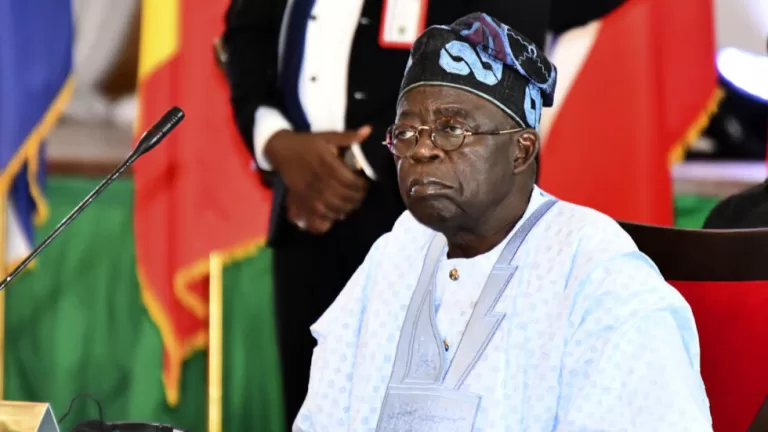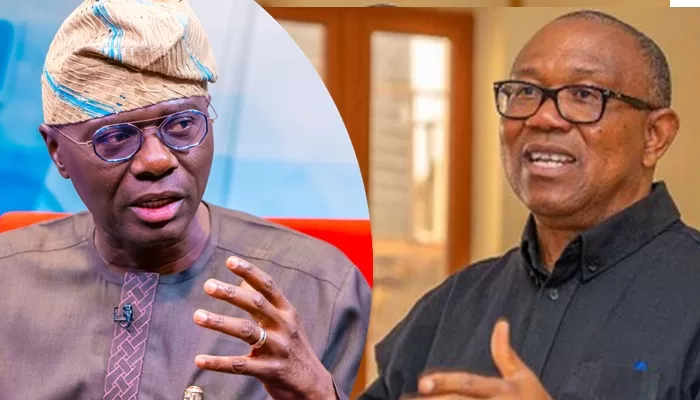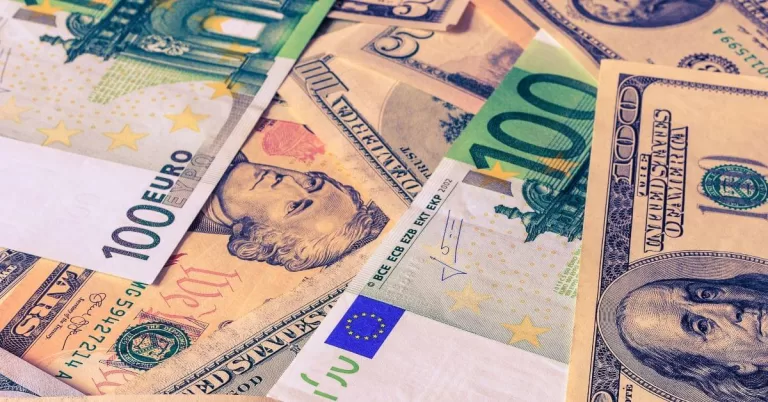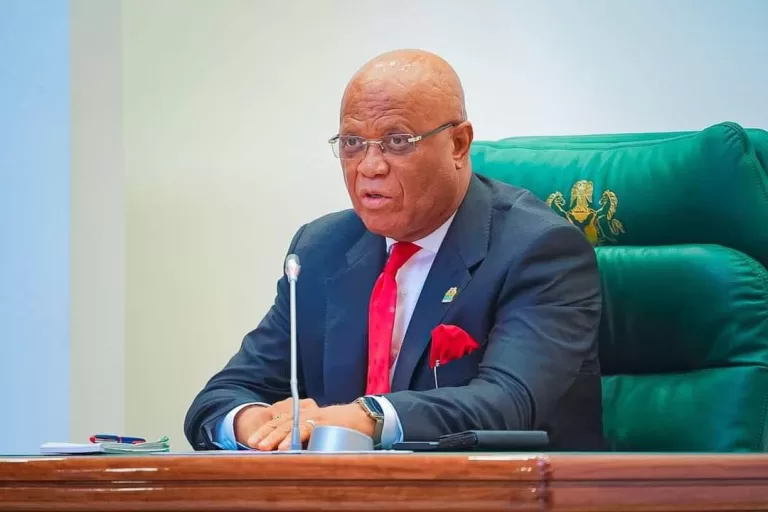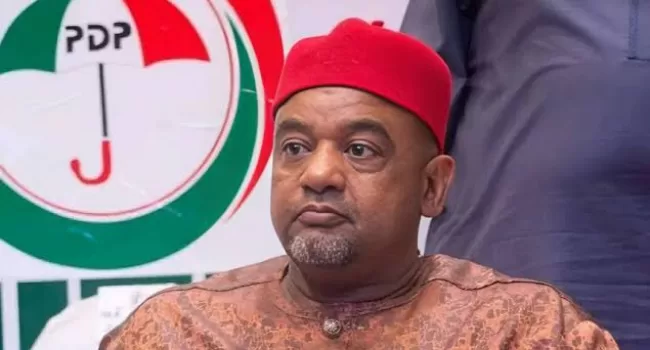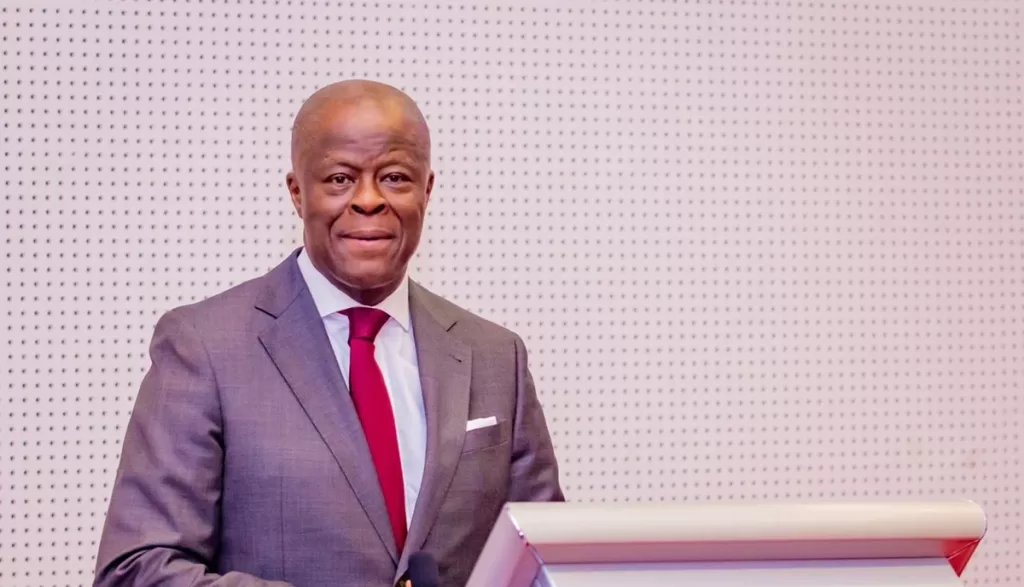
In a move signaling greater transparency and investor confidence, Nigeria’s Minister of Finance and Coordinating Minister of the Economy, Wale Edun, has announced the imminent commencement of a forensic audit of the Nigerian National Petroleum Company Limited (NNPCL).
Speaking at the Nigerian Investor Forum held on the sidelines of the IMF/World Bank Spring Meetings in Washington, D.C., Edun linked the audit to broader economic reforms aimed at repositioning the country’s financial landscape. He noted that the recent shakeup in NNPCL’s leadership is part of a “cleansing process” initiated by the Federal Government.
“We said we would do it, and now we have done it. This time, we’re staying the course,” Edun affirmed.
Addressing a room filled with investors from leading global financial institutions—including J.P. Morgan—the minister highlighted a series of foundational reforms that have begun to stabilize the economy and restore investor confidence. These include liberalized foreign exchange policies, removal of costly fuel subsidies, and ongoing structural reforms across critical sectors.
Edun projected a bold target of 7% annual GDP growth, emphasizing that Nigeria is primed to become a top destination for private investment. He urged investors to consider opportunities in infrastructure, manufacturing, and agriculture—three areas he described as key pillars of long-term economic transformation.
“Our goal is not just to maintain this momentum, but to accelerate it,” he told the international audience. “We believe the policies we have implemented have laid the groundwork to achieve this.”
The optimism was echoed by the Governor of the Central Bank of Nigeria (CBN), Olayemi Cardoso, who also addressed the forum. Cardoso underscored the impact of orthodox monetary policy and institutional discipline in improving Nigeria’s macroeconomic indicators.
“The numbers speak for themselves. The difficult reforms that have been undertaken have begun to bear fruit,” Cardoso said. “Orthodox monetary policy was a road we chose deliberately, and we had no intention of compromising on it.”
According to Edun, Nigeria’s economy expanded by 3.84% in Q4 2024, contributing to an annual growth of 3.4%. He credited improved fiscal management for the country’s stabilizing trade balance, narrowing budget deficits, and a more predictable exchange rate.
With macroeconomic stability returning, Edun said the government’s next phase is sector-specific growth. He placed particular emphasis on agriculture, describing it as critical to boosting food security and productivity.
“We aim to close the food supply gap not by importing more, but by enabling domestic producers to scale and innovate,” he explained.
In the infrastructure sector, Edun announced the rollout of 90,000 kilometers of fiber optic cable to boost digital connectivity, alongside the tendering of 4,000 kilometers of roads for private sector participation—1,000 kilometers of which have already been approved for implementation.
As Nigeria continues to implement what Edun describes as “unprecedented” reforms, the message from Washington is clear: the country is open for business—and this time, the government intends to stay the course.


